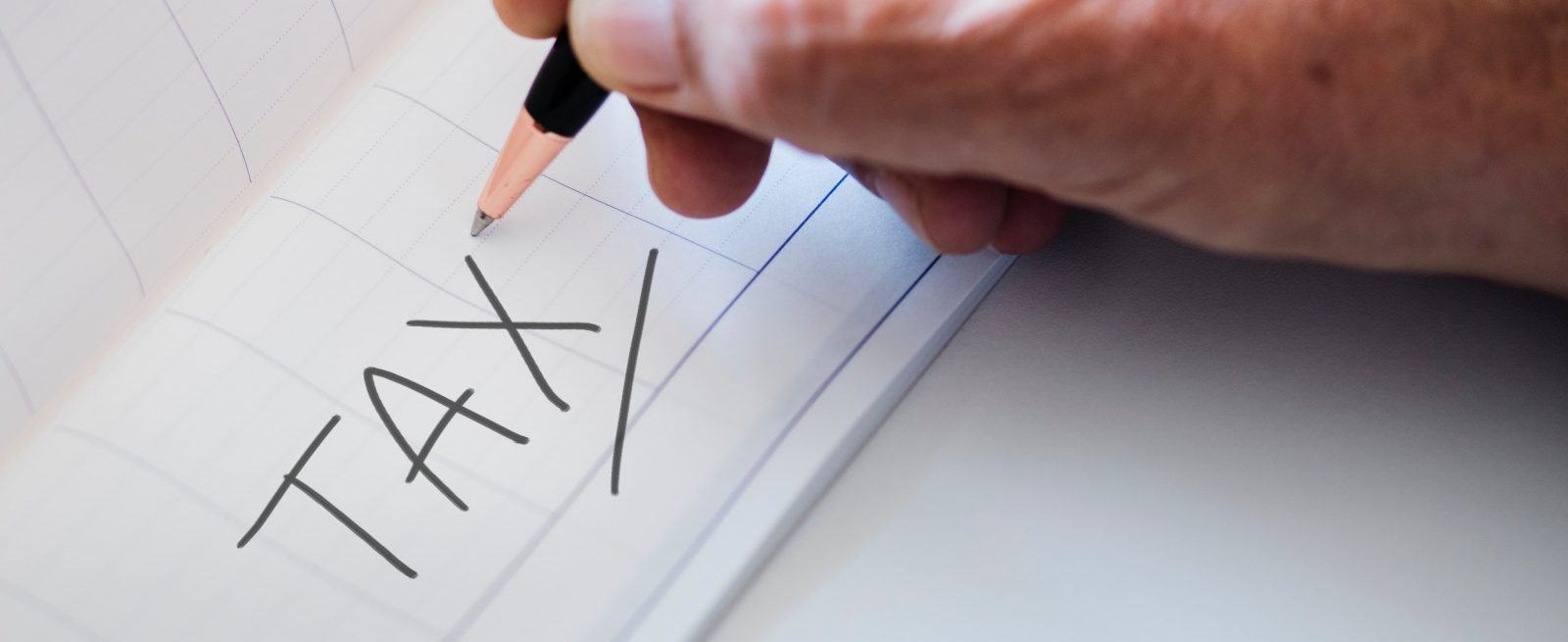Payroll Taxes: Five Common Mistakes for Businesses to Avoid
2 Min Read By Robert V. Boeshaar
For many restaurant owners, payroll taxes come with the cost of running a company and are an unavoidable task each year. However, there are ways to make your life easier, and there are mistakes that can make the process that much harder. Let’s examine five of the most common mistakes that you can easily avoid:
Filing Payroll Taxes Late
While it might not seem like missing the deadline for payroll taxes is that big of a deal, it will certainly save you a lot of money if you can prioritize this task. Even missing the deadline by one day can subject businesses to a fine of five percent of their tax amount, and this increases by five percent each month up to a maximum of 25 percent.
Also, for businesses required to make federal tax deposits, missing the deposit deadline can subject them to a fine of two percent of the underpayment, and this increases to five percent after five days, ten percent after 15 days, and up to 15 percent ten days after the IRS notifies you and requests payment of the taxes.
Not Keeping Records
The IRS requires you to keep the last four years’ worth of payroll records, including timesheets, W-2s, and expense accounts. Since these documents need to be on-hand at all times in case of an audit, it’s in your best interest to keep everything organized and accessible.
Wrong Employee Classifications
This mistake is fairly common among businesses, and can be tempting to make for the sake of trying to save money. Companies are responsible for paying payroll taxes and benefits for individuals who are classified as employees rather than as independent contractors.
Therefore, a lot of business owners tend towards classifying their workers as independent contractors rather than employees. Ultimately, it is the company’s responsibility to examine how much control they have over each individual’s duties and make the appropriate classification based on that information.
Failing to Monitor Your Outside Payroll Company
Smaller businesses tend to find that it’s easier for them if they use an outside payroll company to handle everything related to employee payroll and payroll taxes. However, just like individuals who use a CPA for their personal taxes, the responsibility to file accurate returns cannot be passed off to someone else. Make sure you are checking their calculations from time to time to avoid big errors down the line.
Not Making Payroll Taxes a Priority
When restaurants experience cash flow issues it might seem to make sense to pay immediate bills first, like rent or your electric bill. However, when you assume the responsibility of being a business owner this includes a commitment to paying your IRS payroll tax liability every year and on time. Your business may be required to make federal tax deposits.
Even if this is not required, many businesses find it helpful to set aside money throughout the year so they aren’t hit with a huge bill every tax season.


